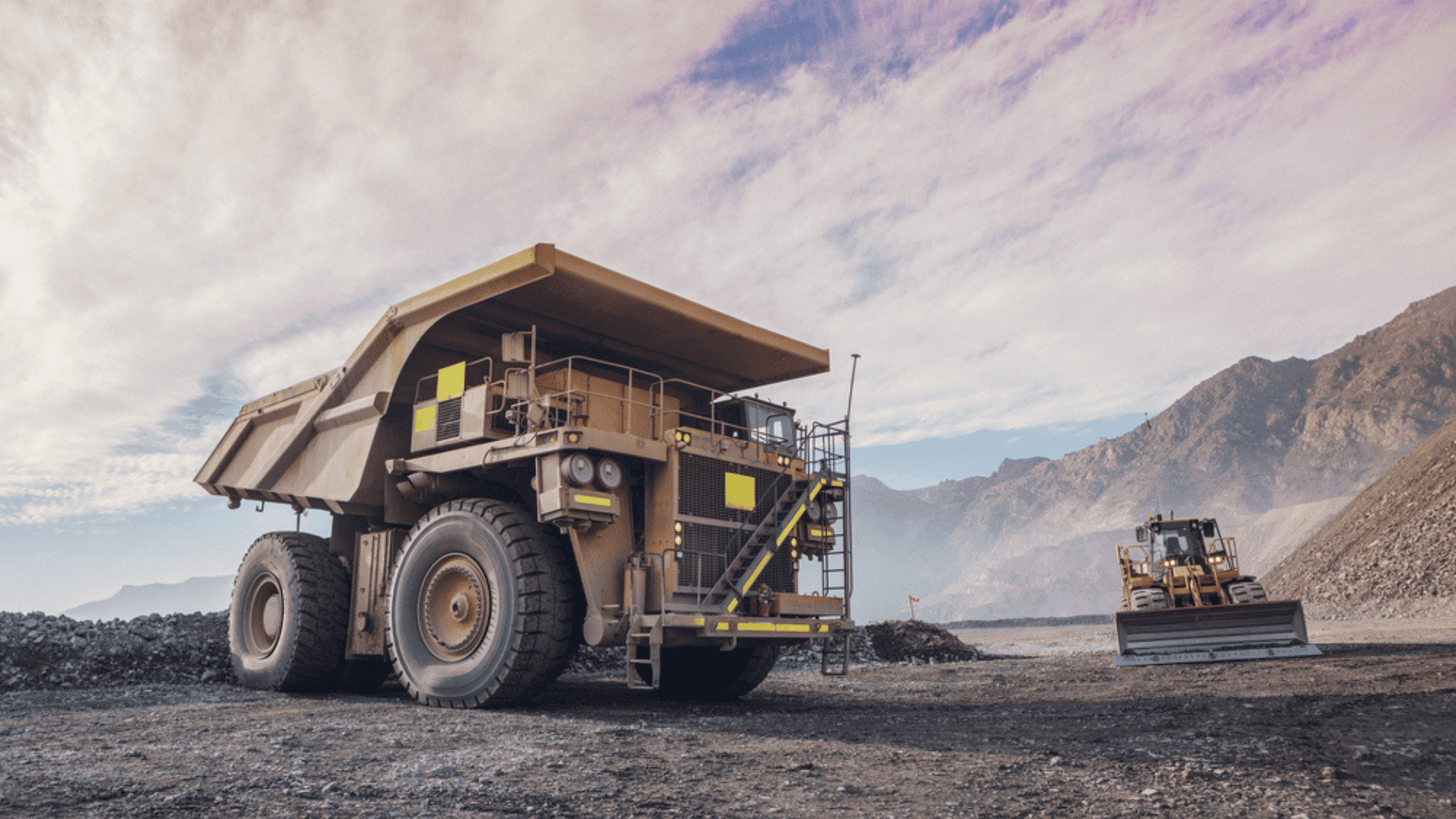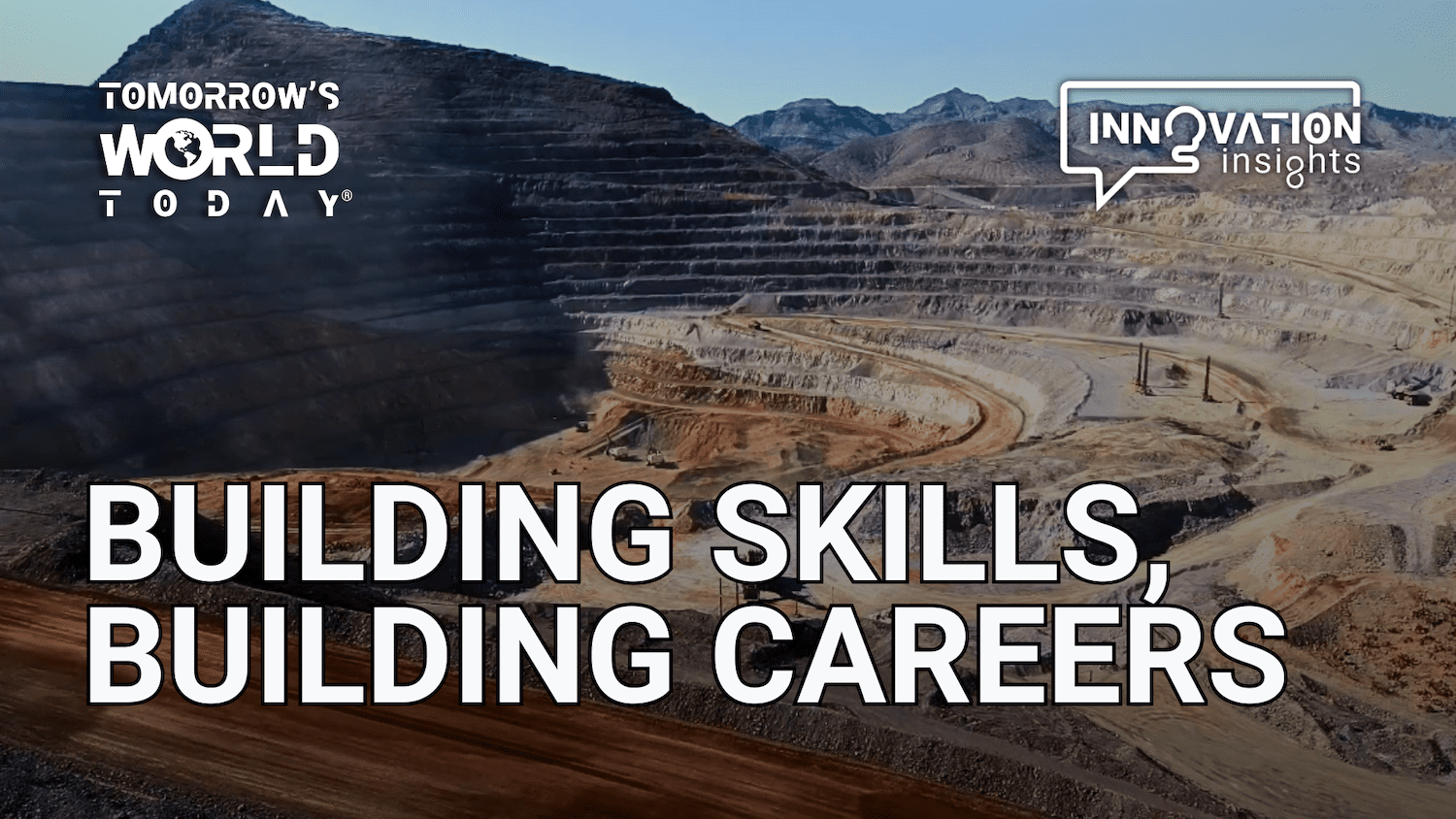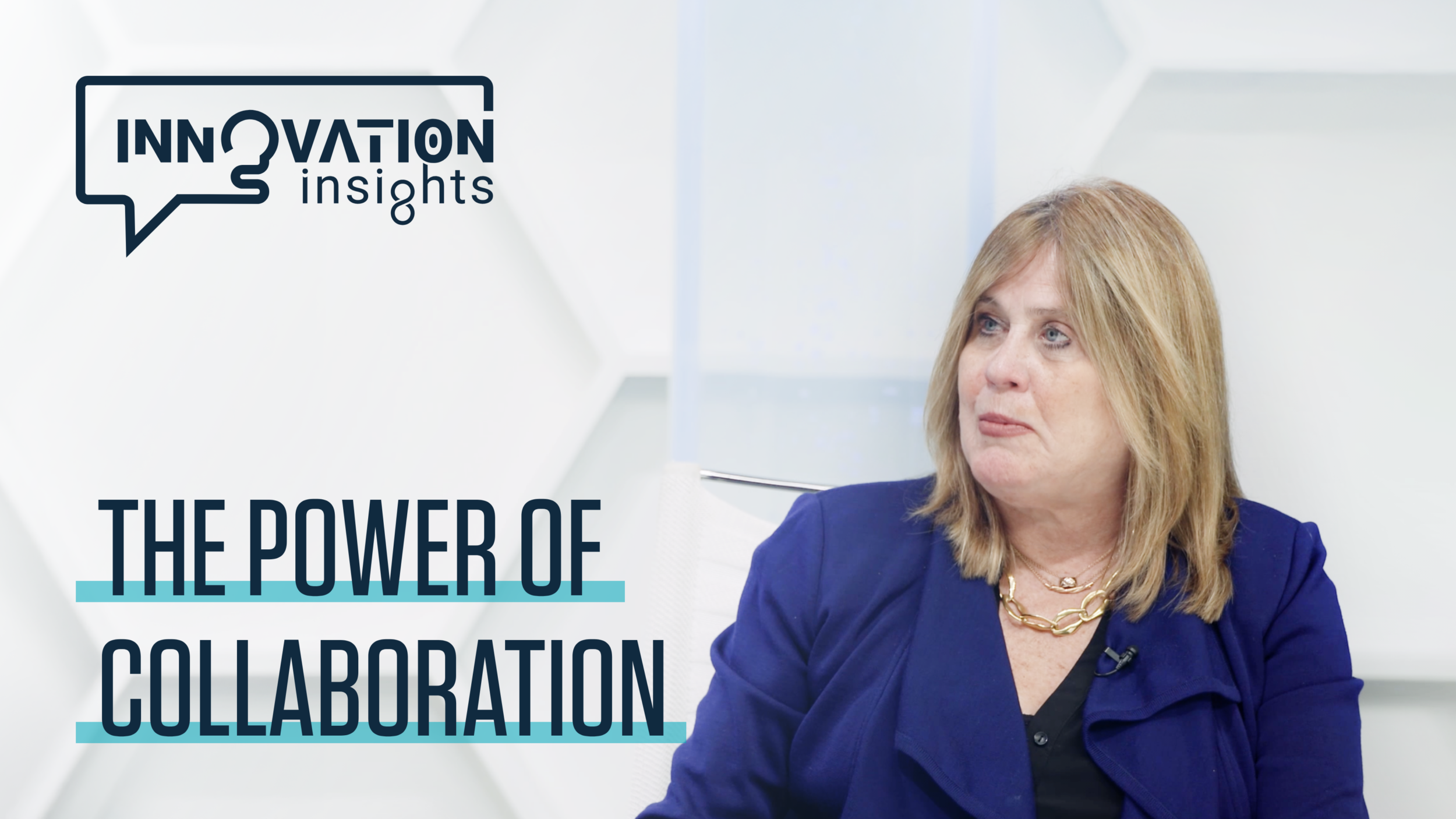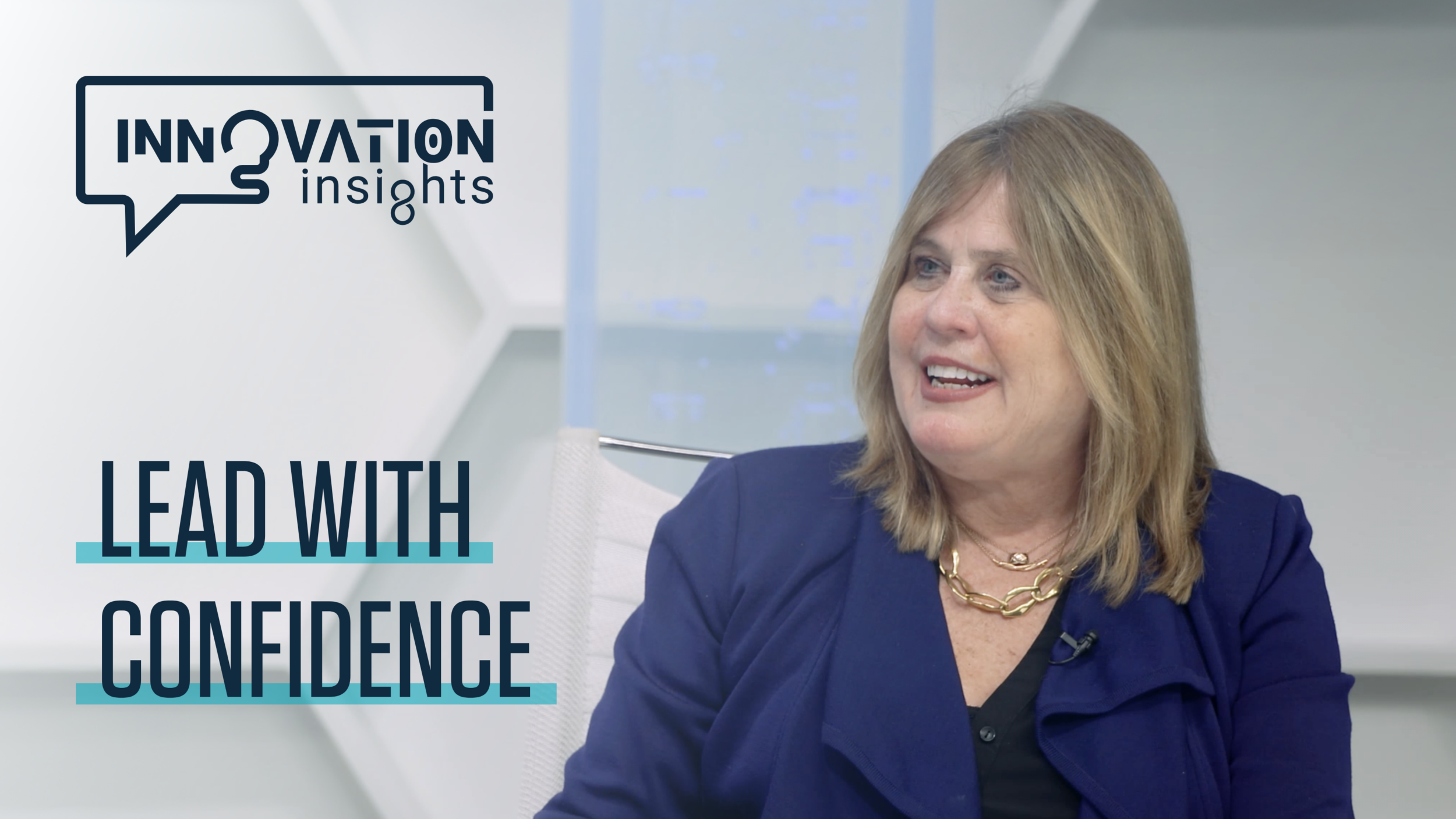In a conversation on Tomorrow’s World Today Podcast, Kathleen Quirk, President of Freeport McMoran, shared valuable insights into the world’s largest publicly traded copper producer and the critical role copper plays in our electrified world. With nearly 35 years at the company, Quirk offers a unique perspective on both the industry’s past and its promising future.
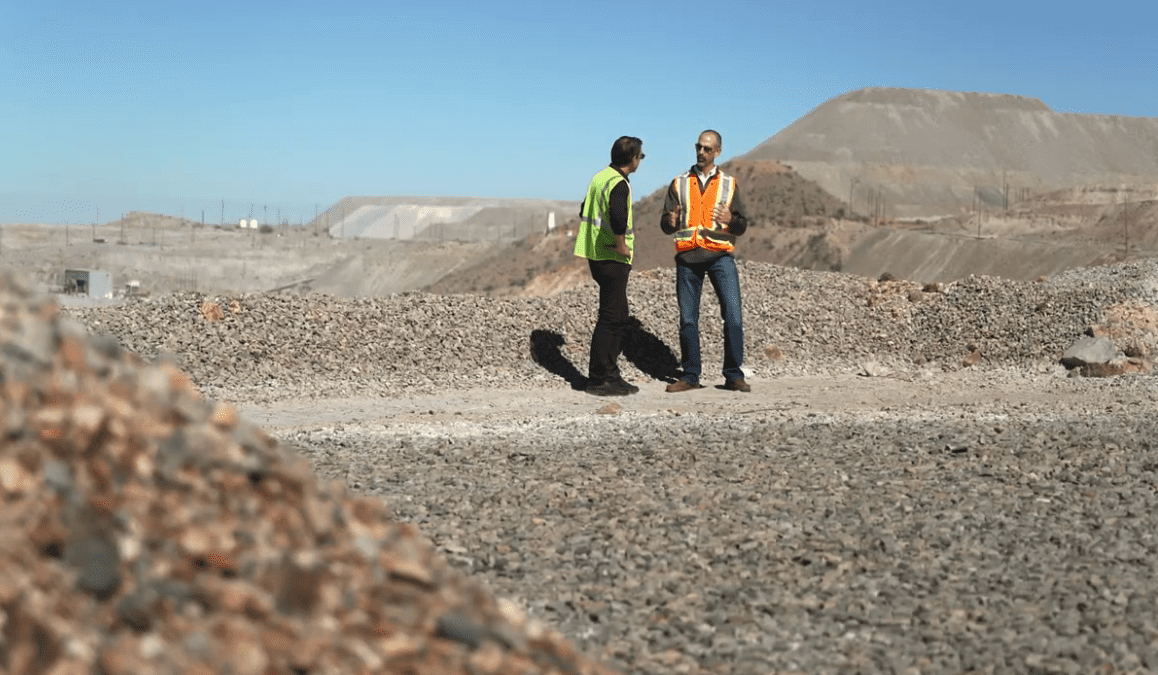

Freeport McMoran stands as a global powerhouse in copper production, with significant operations spanning the United States, South America, and Indonesia. The company mines more than 50% of the United States’ copper, making it an essential contributor to American industry and infrastructure. Their largest operation is located in Indonesia, where they extract both copper and gold from exceptionally rich ore bodies. Despite employing over 70,000 people between contractors and employees, Quirk emphasizes that the company maintains a family-like atmosphere with a strong team culture that drives innovation and problem-solving.
The modern iteration of Freeport McMoran emerged from a pivotal 2007 merger with Phelps Dodge, which brought together complementary geographic strengths. This strategic union provided better diversification across regions, mitigating geopolitical risks while combining technological expertise and operational excellence. Quirk explains that this approach to managing risk is fundamental to the company’s philosophy—taking calculated risks that can “move the needle” while maintaining accountability and extracting valuable lessons even from unsuccessful ventures.
Advertisement
What truly distinguishes Freeport McMoran, according to Quirk, is its entrepreneurial culture that actively works to “stamp out bureaucracy.” The company thrives on collaborative problem-solving and values contribution over titles. Quirk notes that being a team player is non-negotiable at Freeport, where success is celebrated collectively, and responsibility for shortcomings is shared. This culture has helped Freeport attract and retain talent, with many employees building multi-generational careers within the company, sometimes spanning five generations of family members.
Perhaps most interesting is Quirk’s emphasis on the company’s approach to workforce development. While certain positions benefit from college education, Freeport increasingly values on-the-job training and practical experience. The company actively recruits from high schools and community colleges, offering comprehensive training programs—particularly in safety protocols for their sometimes hazardous operational environments. This commitment to developing talent from within has created career pathways that don’t necessarily require traditional higher education credentials, opening opportunities for workers in the often remote communities where mining operations are based.
Looking toward the future, Quirk highlights copper’s essential role in the global transition to cleaner energy. Approximately 65-70% of copper production goes toward electrification, making it indispensable for renewable energy infrastructure, electric vehicles, charging stations, and our increasingly connected world. As societies worldwide invest in updating electrical grids and transitioning from fossil fuels to renewable energy sources, the demand for copper continues to grow exponentially. This has sparked what Quirk calls a “renaissance for copper” as we rebuild and reinvent our energy systems for a more sustainable future.
This blog post was generated using Buzzsprout’s CoHost AI tool and is based directly on content from the associated podcast interview. This article has been reviewed and edited by Tomorrow’s World Today staff.
